Last year, Baptist World Aid supporters Larissa and Jeremy Jones embarked on something bold. They challenged themselves to go 12 months without buying anything. It was an enormous undertaking for a family with two young boys living on the NSW Central Coast, but a richly rewarding one as they embraced a more sustainable life.
Larissa speaks to Baptist World Aid about what she learnt from the experience.
Buying nothing for a whole year is really hard! Why did you decide to do it?
For six years, my husband, Jez, and I have been replacing instant gratification with owning less. But we realised that the problem wasn’t that we were holding on to too much; it was that we didn’t stop shopping. We were continually bringing things into our home without realising it.
Around the same time, I was learning more about ethical shopping choices, largely through the Ethical Fashion Guide. I was becoming more conscious of how our things are made, who’s making them, what they’re made from. Jesus spoke to my heart about not conforming to the patterns of this world with its over-consumption. I felt like I couldn’t keep shopping the way I was. I no longer wanted my shopping habit to be part of oppressing people living in poverty.
At the end of 2021, it felt like the right time to pause our purchasing and say, ‘what we have is enough’, so we came up with this wild idea to not buy anything in 2022.
So how did the challenge work?
When we started, we had a four-month-old and an 18-month-old who was about to be toilet trained, so we planned ahead and bought things we thought were necessary.
Then in 2022, aside from necessary consumables—food, petrol, shampoo—we aimed to not add any more things to our home. To keep things realistic, we gave ourselves one ‘grace day’ at the six-month mark to purchase a few things to get us through the year. We permitted gifts on birthdays and at Christmas, but we weren’t allowed to ask family and friends for things. When purchasing gifts for people, we gave experiences, delicious food, or Better World Gifts.
Was it hard to go a year without buying anything?
We had lots of energy for the challenge at the beginning, but towards the middle of the year there was a bit of a lull. We didn’t have enough warm clothes to go outside, so on our grace day, I bought second-hand puffer jackets. It was great that we didn’t need to use resources on manufacturing something new.
A couple of times, gifts and hand-me-downs from friends were our saving grace. On my birthday, a friend gave me a packet of socks and a pair of trackies. I was so grateful!
What did you learn?
Throughout the year, we made a list of every item we wanted to buy but didn’t. It ended up being over $11,000 worth of things we would have bought, which is mind-blowing. The way our culture over-consumes has become so normal that no one questions it anymore. Marketing makes you feel like you’re missing out on things—for example, our house doesn’t look as good as someone else’s on social media, so we buy things to get the right ‘look’. But doing this challenge has helped me ask, ‘how can I stop conforming to the world in this area? How can I evaluate what I really need, rather than just satisfying my wants?’
It’s also cultivated in us a deep appreciation for the things that we own. We learned to take better care of our belongings, and to live with a posture of gratitude. I lost count of how many things I had to mend this year like Jez’ shoes, so I made it fun and started a regular habit called ‘mending and movie night’!
We’ve realised stuff doesn’t matter as much as we think it does. Looking back on all the things we could’ve purchased, we’ve not just survived, but thrived without them.
Now the challenge is finished, do you shop differently?
I’ve realised that if I want to get serious about honouring God with my purchasing decisions, I need to be educated so I can make decisions that aren’t harming people or the planet. I’m still learning. When I resume purchasing this year, I plan to replace things that are beyond repair with the most ethical and sustainable option I can.
How has it shaped your family?
We’ve realised stuff doesn’t matter as much as we think it does. Looking back on all the things we could’ve purchased, we’ve not just survived, but thrived without them.
It’s also been a great bonding experience as we figure out creative solutions for things. It’s a chapter in our family narrative that I think will shape us forever. I’ve adopted the motto ‘use it up, wear it out, make it do or do without.’ That will be drilled into our children forever now!
How would you encourage others who want to take a similar journey?
Anyone who’s on a sustainable or ethical purchasing journey is actually leading a small revolt against what has become the normal patterns of society. So I say go for it! When you take on a new habit, after a while it becomes normal life. When the Black Friday sales happened, I didn’t even think about purchasing.
If 12 months is too daunting, try three months then give yourself a grace day to make purchases. All the best things in life are a little daunting to begin with, but they are also the most rewarding and most life-giving things.
You can follow Larissa’s ethical and sustainable consumption journey on Instagram at thesimplejones.

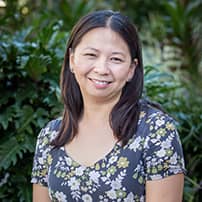
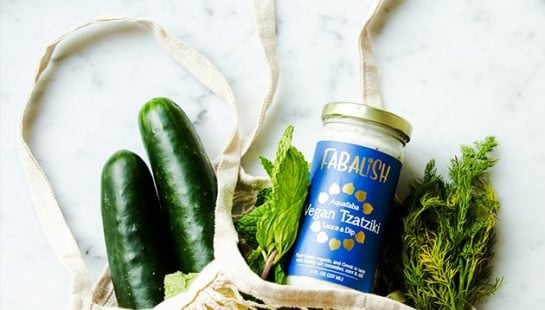
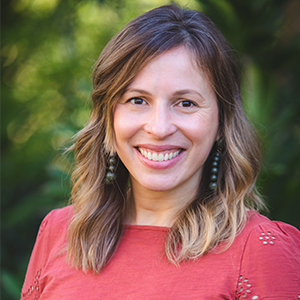 Sarah Knop,
Sarah Knop,
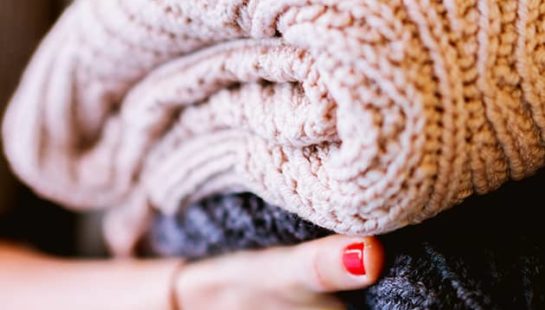
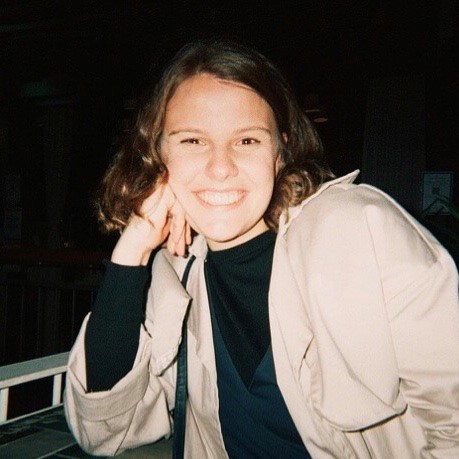 Emma Wright,
Emma Wright,